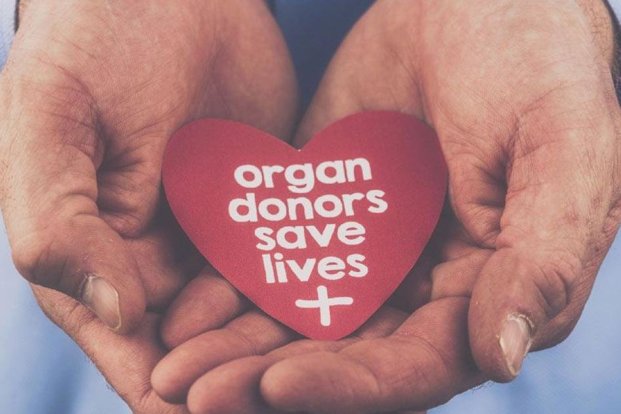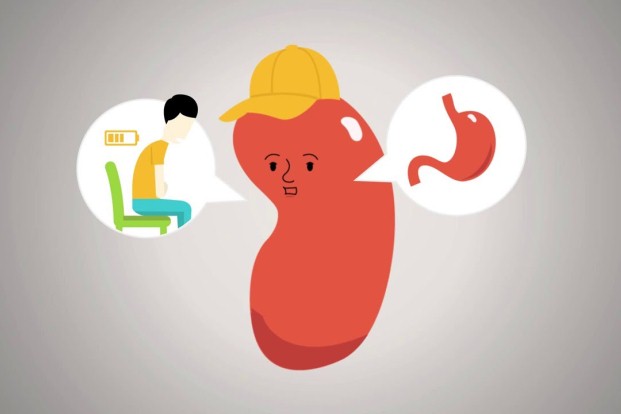Organ Donation: The unsung act of Bravery and Love
Apr 19, 2022
What us the most selfless act of love and reverence towards mankind? It is not through donating money for charity, or even supplies for the needy- these are just temporary acts that have their shelf-life. What we should aim for is to look at the bigger picture and contribute in an impactful way. Organ donation is one such way to convey this and yet, people are hesitant to partake in this wonderful act, owing to misinformation and undue fear. The need to bust myths regarding organ donation is the need of the hour and needs to be tackled systematically.

What is organ donation?
Organ donation is essentially the act of donating organs or biological tissue to a recipient, who requires a transplant. There are two types of organ donation – living donation and deceased/ cadaver donation. For living donors, the process involves extensive testing before the donation to test medical compatibility and also test psychological balance, post which the operation would take place. This has its limitations as the living donor has a limited list of organs and tissues to donate. For decreases donations, the donor has to be declared brain dead by a board of medical experts. Here the organs come of great use owing to their extent id sustainability. For the transplant to take place, consent from the deceased donor’s family needs to be obtained. Meantime, the donor’s body is kept on a ventilator under special medical care to ensure that his or her organs are in a healthy condition until they are harvested. The organs that have been retrieved from a brain-dead person are stored in a chemical solution, with the following storage time-Heart: 4-6 hours, Liver: 12-24 hours, Kidney: 48-72 hours and Lung: 4-6 hours.
Why become a donor?
Truth is that India is going through organ shortage, where the deceased donor donation rate in India stands at around 0.34 per million, a low figure when compared to other countries. Lack of awareness (80.1%), religious beliefs and superstitions (63.4%), and lack of faith in the healthcare system (40.3%) have been believed to be the most important reasons, as even family members refuse to donate for their kin. Yet, even a single donor is of great significance, saving lives of close to eight people and improving the health of several people. The success rate of organ transplants is high, where between 70 and 90% of organ recipients are still alive 10 years after the transplant.
Difficulties in organ donation
As a rule, organ donations are legal by Indian law, as the Indian government enacted the Transplantation of Human Organs Act (THOA), 1994, while legalizing the concept of ‘brain death’. Yet, there are difficulties galore as finding a donor match is difficult, to begin with. The challenge is also compounded by bureaucratic hurdles and lack of awareness.
Who can be a donor?
As soon as the donor dies, a medical team evaluates the organs and tissues to be removed, depending on their condition. A variety of factors such as a history of smoking or alcohol consumption is taken into consideration. Also, one needs to provide consent, before demise, to make the transition as smooth as possible. If one hasn’t decided in the time of being alive, the family will be asked to decide on his/her name, making the issue more complicated. Another myth that needs to be busted- the body is defiled and distorted post-operation, which is, in fact, a misconception. The body can be still viewed at a funeral home, without any modifications done to it. Precautions are taken not to modify the body’s appearance during organ removal.
Pledging your organs is a simple yet beautiful procedure. Head to websites like organindia.org, donatelifeindia.org, etc, through which you can register your wish as a donor.




